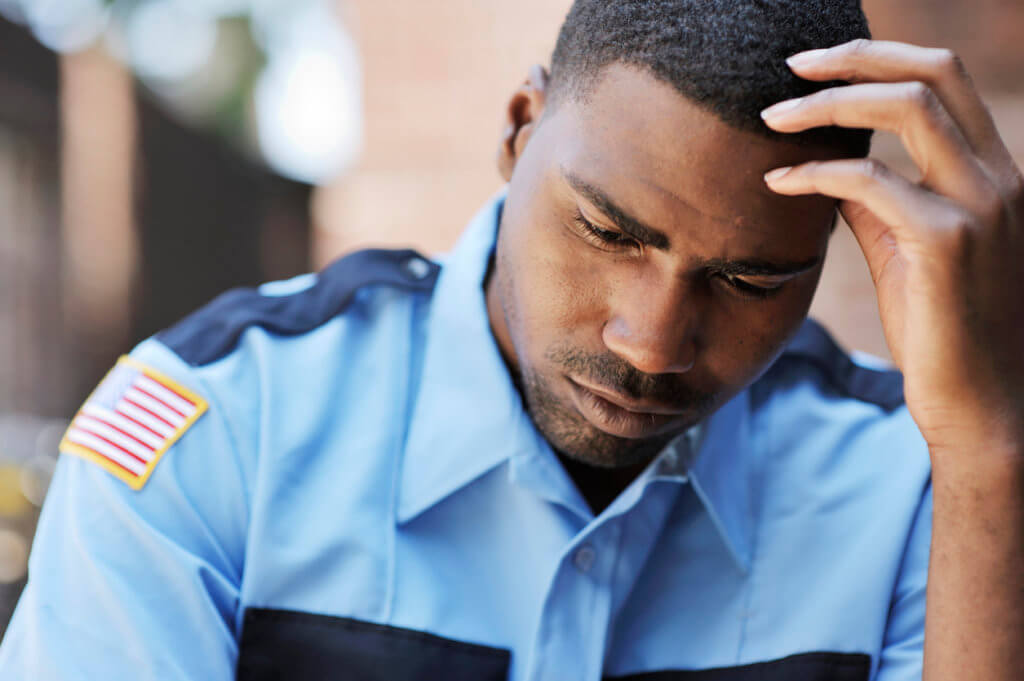Apr 16, 2021
Overcoming mental health stigma in law enforcement

Effects of unchecked mental health issues.
The law enforcement field is fraught with stress and anxiety; officers witness horrific acts of violence and tragedy, all of which can profoundly affect their mental health. A 2017 study by the Ruderman Family Foundation found that police officers suffer from depression at a rate that is 5X that of civilians and are more likely to die by suicide than in the line of duty.
In 2019, 228 American police officers died by suicide compared to 89 officers killed in the line of duty that same year, and of those 89 that died in the line of duty, 41 were accidental deaths. These are alarming numbers, and unfortunately, the stigma surrounding mental health makes many police officers reluctant to seek help.
Law enforcement is a field that requires courage, strength, and self-reliance, so it is not difficult to understand why some officers fear that seeking mental health counseling will alter their perception amongst their fellow officers. The New Jersey Governor’s council reported that police officers often suffer from a lack of understanding about mental health issues that can negatively affect both the community’s safety and their own.
Combating Stigma
Combating stigma is the first step in helping police officers get the help they need, and one such option is through the utilization of digital care platforms such as Heritage CARES. Police Officers in need can receive access to care 24/7 through an anonymous online portal, and those suffering from suicide ideations receive an immediate referral to their closest community resource.
In addition to the anonymous online portal, Assertive Community Engagement (ACE) coaches are available to guide platform users along their journey and meet the goals set in their Care management plan. Peer support programs, such as the ACE coaches, are proven to help reduce stigma by allowing officers to express themselves without fear of judgment. A 2020 study by Frontiers in Psychology found that peer- support was an indispensable tool that helped police officers learn about themselves, mental health, and the importance of seeking help early and provided the most support when facing organizational stressors.
Click here to learn more about how Heritage CARES and ACE coaches.